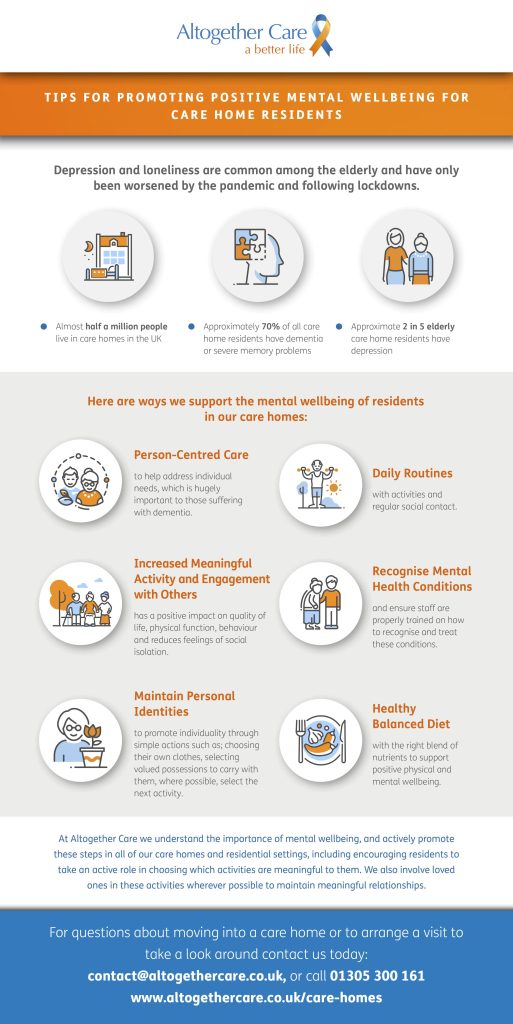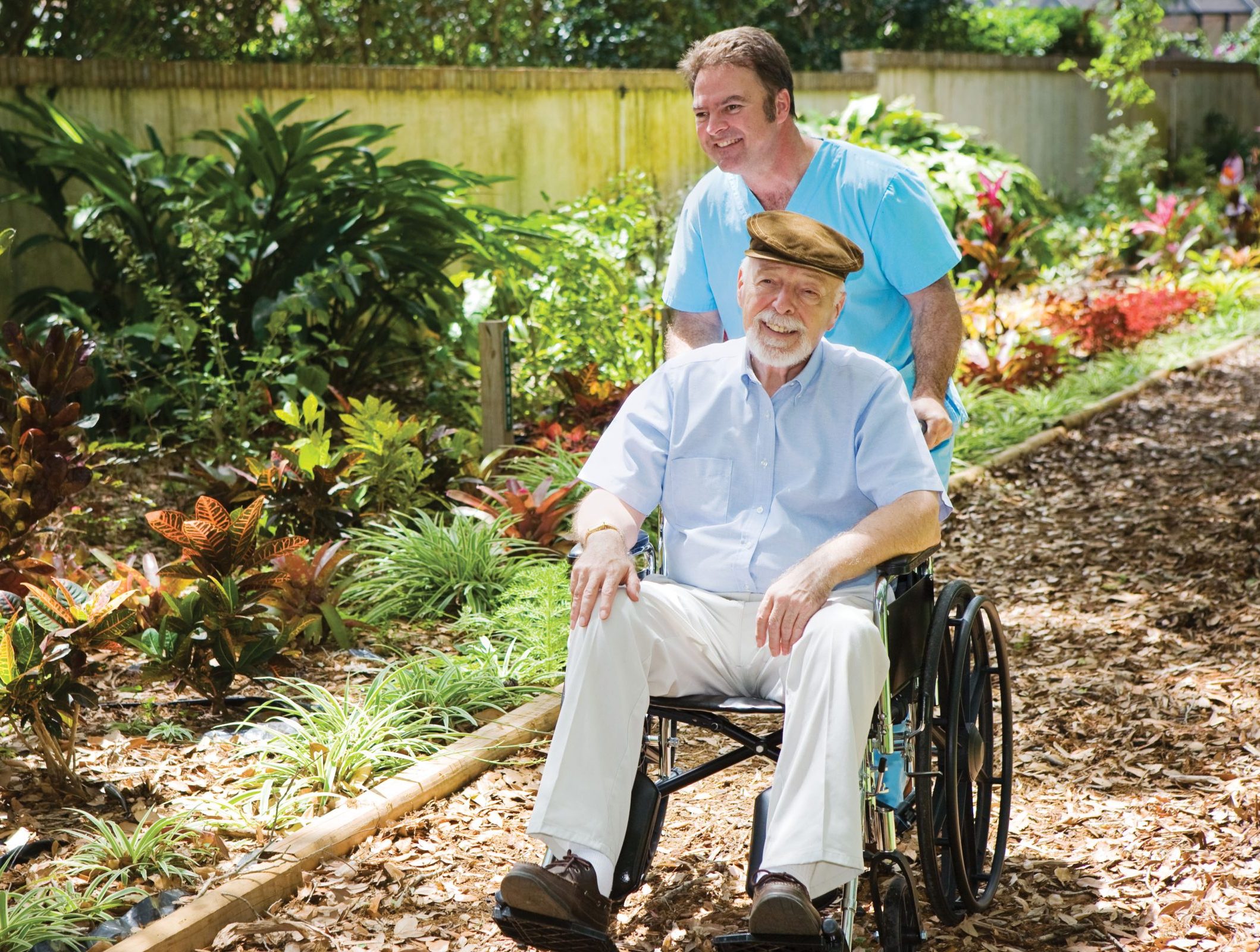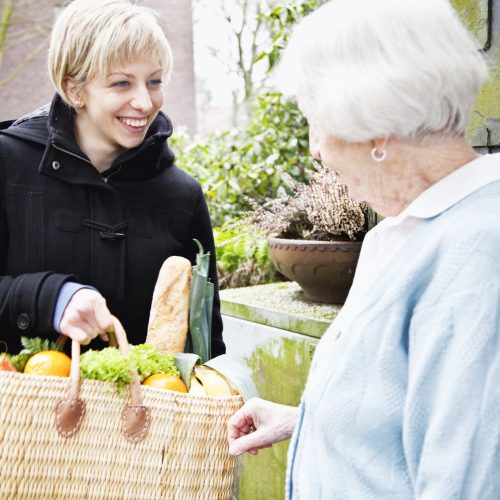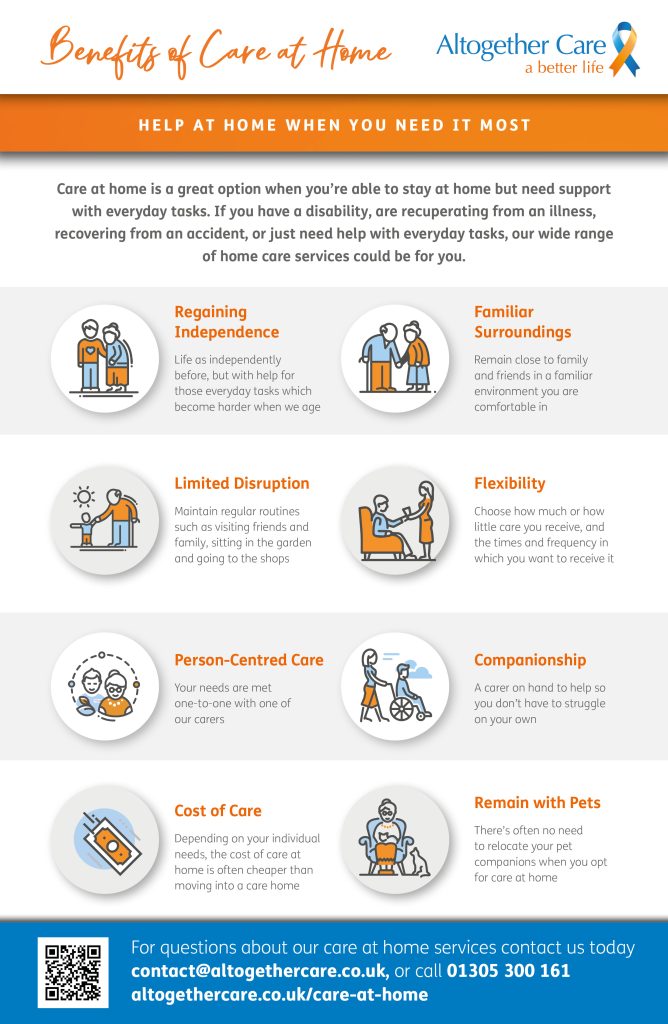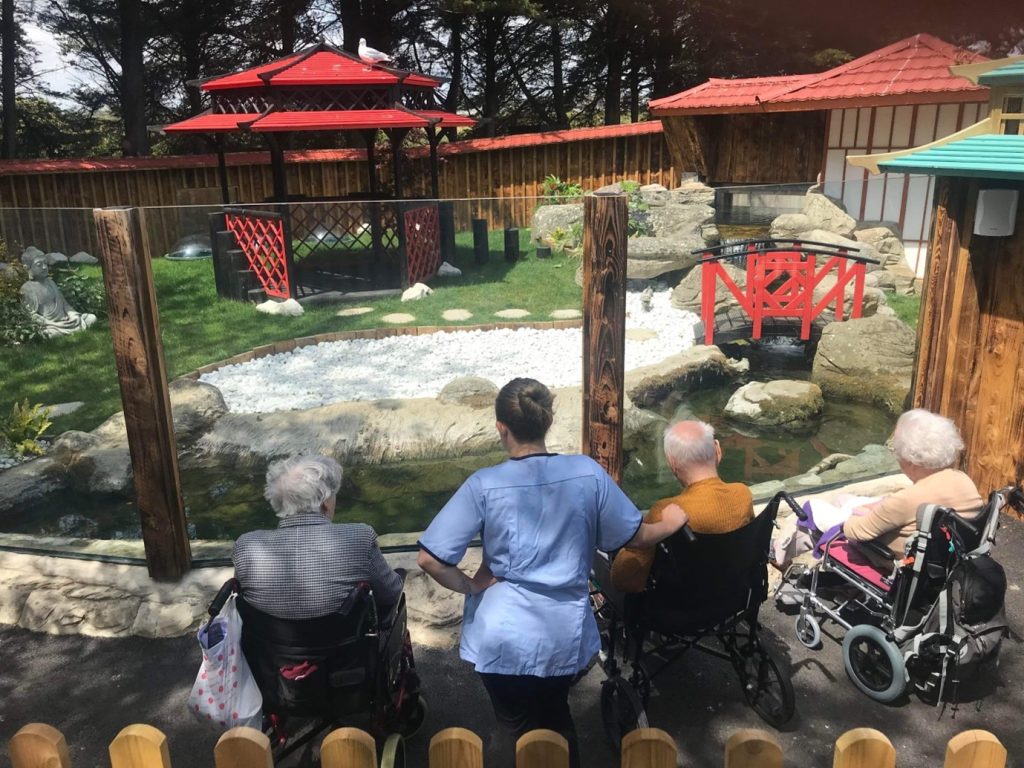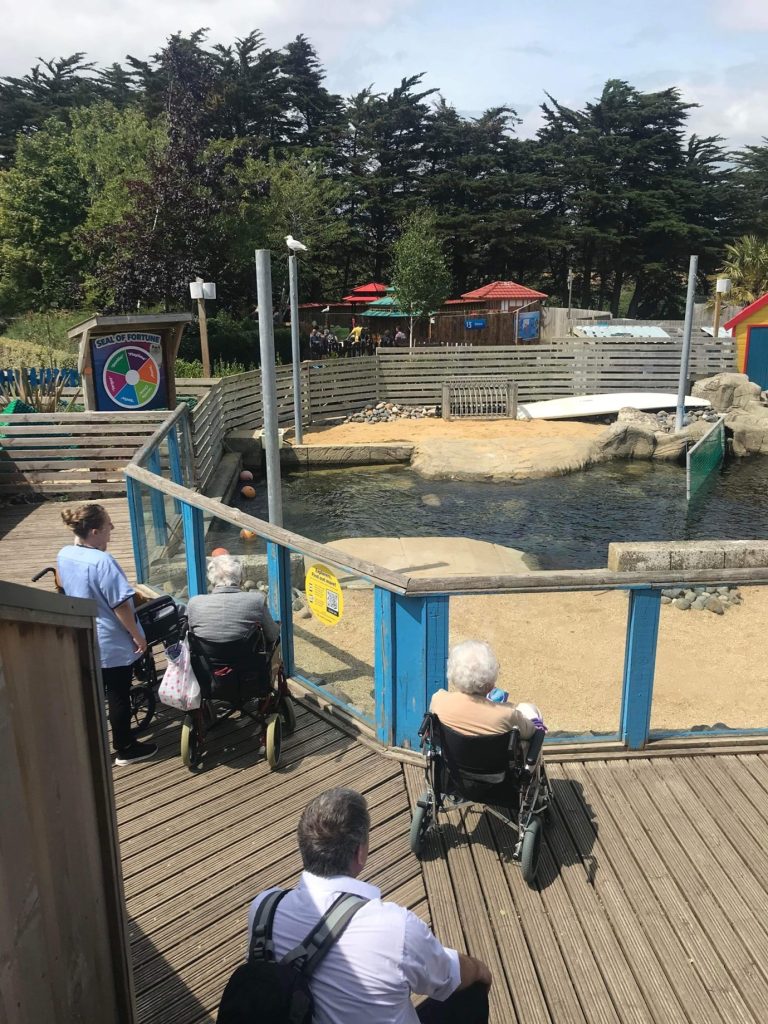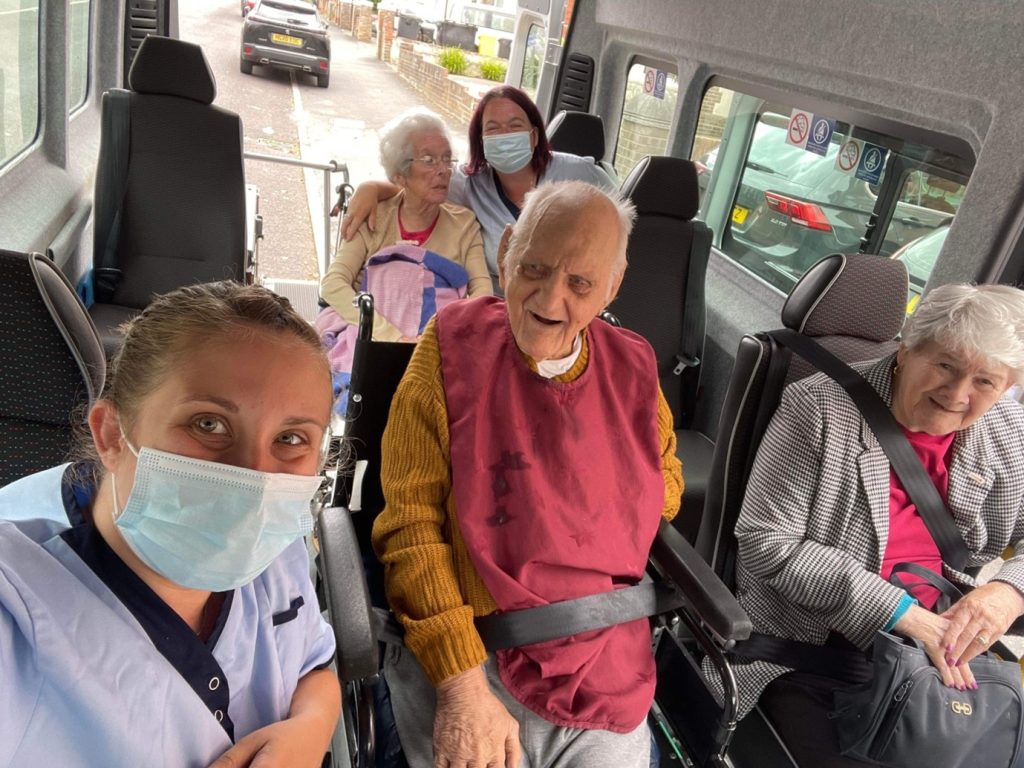Following the distressing and turbulent times that Covid-19 brought to the UK, with its associated lockdowns and the trauma that it brought with it, this country now seems to be returning to something approaching normality.
Care homes are operating more or less normally, and the options for care for your loved ones have increased exponentially. Is now the right time to consider residential care for your older relatives?
Is a care home the best option?
Your relative might be having increasing difficulty with everyday tasks like washing, cooking or dressing themselves and taking their medication. They might be worried about falling, with no one around to help them. And they can get increasingly stressed by the little things in life.
Moving into a care home can give the elderly a new approach to life – they can meet new people with shared life experiences, and they can make new friends. Because there are highly-trained staff on hand at all times, the worries about being on their own melt away. They are fed and washed and entertained and properly looked after.
Depending on the level of care needed, their every need will be taken into account, and if they need extra nursing or dementia care, that can be arranged.
Respite care
It may be that it’s too soon for you to start thinking about full-time residential care. In which case, respite care might be a more suitable option.
Respite care can be for a short time, such as only a few hours every week, or can be overnight, or a weekend.
Even though many people take a great deal of pleasure in providing care to their loved ones so that they can remain at home, the financial, physical and emotional consequences can be overwhelming without some support, such as respite.
To be most effective, you should consider respite services much earlier than you might think you will need them. Respite is best if you use it before you become exhausted, and isolated by your responsibilities.
Altogether Care is committed to providing your loved ones with the highest possible standards of care, and is vigilant about the possible return of variants of the Covid-19 virus, se we take every possible precaution to keep residents and staff as safe as possible.
If you’d like to explore care options available for yourself or an elderly relative, give Altogether Care a call, visit our website, or email contact@altogethercare.co.uk.

